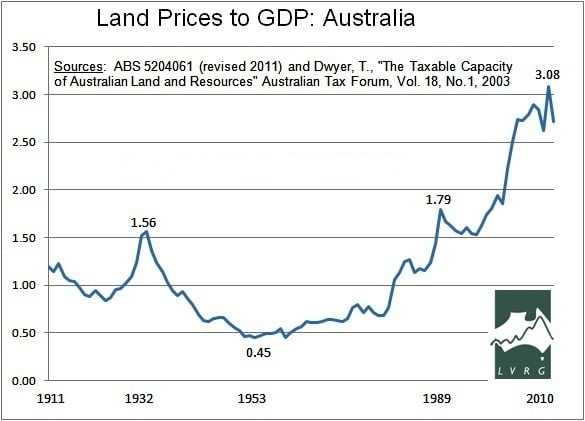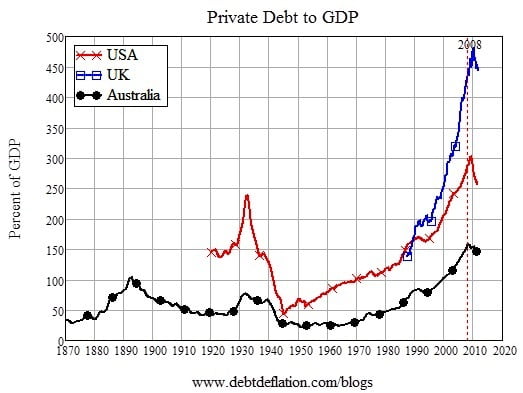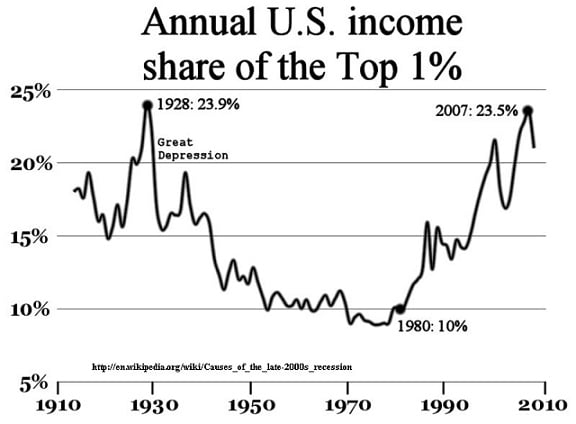THE GREAT CAUSE OF INEQUALITY
The great cause of inequality in the distribution of wealth is inequality in the ownership of land.
The ownership of land is the great fundamental fact which ultimately determines the social, the political, and consequently the intellectual and moral condition of a people. And it must be so.
For land is the habitation of man, the storehouse upon which he must draw for all his needs, the material to which his labor must be applied for the supply of all his desires; for even the products of the sea cannot be taken, the light of the sun enjoyed, or any of the forces of nature utilized, without the use of land or its products.
On the land we are born, from it we live, to it we return again – children of the soil as truly as is the blade of grass or the flower of the field.
Take away from man all that belongs to land, and he is but a disembodied spirit. Material progress cannot rid us of our dependence upon land; it can but add to the power of producing wealth from land; and hence, when land is monopolized, it might go on to infinity without increasing wages or improving the condition of those who have but their labor. It can but add to the value of land and the power which its possession gives.
Everywhere, in all times, among all peoples, the possession of land is the base of aristocracy, the foundation of great fortunes, the source of power.
– Henry George, “Progress and Poverty” Book 5, Chapter 2.
















